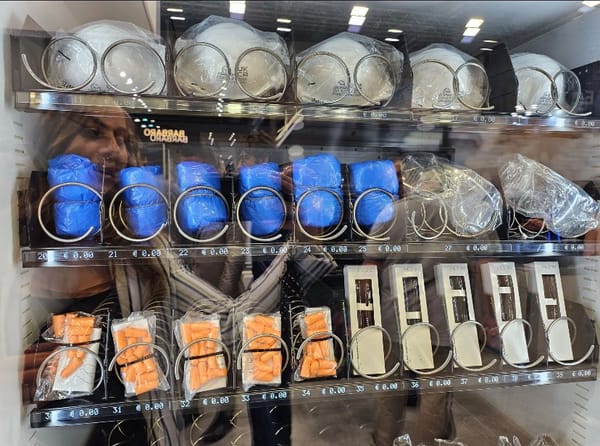Foreign Trade Dynamics in Balkan Nations

The Balkan region, nestled in the southeastern part of Europe, has historically served as a crossroads of cultures and commerce. Comprising countries such as Albania, Bosnia and Herzegovina, Bulgaria, Croatia, Greece, Kosovo, Montenegro, North Macedonia, Romania, Serbia, and Slovenia, the Balkans boast a diverse array of economies and trade dynamics. This article delves into the foreign trade dynamics in Balkan nations, examining key trends, government initiatives, examples of successful trade partnerships, and current finance trends shaping the region's economic landscape.
Trade Trends and Dynamics
Foreign trade plays a crucial role in the economic development and integration of Balkan nations into the global economy. Over the past decade, countries in the region have experienced significant changes in their trade dynamics, driven by factors such as globalization, technological advancements, and shifts in consumer preferences. While some Balkan countries rely heavily on traditional industries such as agriculture and manufacturing for export revenue, others have diversified their economies to capitalize on emerging sectors such as tourism, information technology, and services.
Government Initiatives and Trade Policies
Governments in the Balkans have implemented various initiatives and trade policies to promote economic growth and facilitate international trade. For instance, Serbia's accession to the European Union (EU) has opened up new opportunities for trade and investment, as the country aligns its regulatory framework and standards with those of the EU. Similarly, Bulgaria's strategic location at the crossroads of Europe, Asia, and Africa has positioned it as a gateway for trade between East and West, prompting the government to invest in infrastructure projects and trade facilitation measures to enhance connectivity and competitiveness.
Examples of Successful Trade Partnerships
In recent years, Balkan nations have forged successful trade partnerships with countries around the world, leveraging their geographical proximity, cultural ties, and competitive advantages to expand their export markets. One notable example is Greece's trade relationship with China, which has seen significant growth in recent years. Greek companies like Cosco Shipping, one of the world's largest shipping companies, have capitalized on China's Belt and Road Initiative to strengthen maritime trade links between the two countries. Cosco's investment in the Port of Piraeus in Greece has transformed it into one of the largest ports in Europe, facilitating trade and investment flows between China and the Balkans.
Another example is Croatia's trade partnership with Germany, one of its largest trading partners within the EU. German companies like Siemens and Volkswagen have established a strong presence in Croatia, investing in manufacturing facilities, research and development centers, and distribution networks. Siemens, a global leader in electrification, automation, and digitalization, operates several subsidiaries in Croatia, providing innovative solutions and technologies to support the country's industrial and infrastructure development. Volkswagen, a leading automotive manufacturer, produces a range of vehicles in Croatia, including electric cars and components, contributing to the country's export competitiveness and economic growth.
Current Finance Trends and Investment Flows
In recent years, Balkan nations have attracted significant investment flows from international financial institutions, private equity firms, and multinational corporations seeking opportunities in the region. Companies like EBRD (European Bank for Reconstruction and Development) and Blackstone Group have made strategic investments in Balkan countries, supporting infrastructure projects, privatizations, and small and medium-sized enterprises (SMEs). EBRD's financing and technical assistance have helped modernize infrastructure and promote sustainable development in the region, while Blackstone's private equity investments have fueled growth and innovation in sectors such as real estate, energy, and financial services.
Moreover, the emergence of digital finance and fintech startups has transformed the financial landscape in the Balkans, offering innovative solutions and services to consumers and businesses. Companies like Revolut, a digital banking platform headquartered in the UK, have expanded their presence in Balkan markets, offering mobile banking, currency exchange, and payment solutions to customers. Revolut's user-friendly app and competitive fees have attracted a large customer base in countries like Romania, Bulgaria, and Croatia, disrupting traditional banking models and driving financial inclusion in the region.
Conclusion
In conclusion, foreign trade dynamics in Balkan nations are shaped by a combination of global trends, government initiatives, successful trade partnerships, and current finance trends. As the region continues to integrate into the global economy and leverage its competitive advantages, opportunities for trade and investment are expected to grow, driving economic growth and prosperity in the Balkans and beyond. By embracing innovation, fostering collaboration, and leveraging strategic partnerships, Balkan nations can harness the potential of foreign trade to fuel sustainable development and create shared prosperity for future generations.




